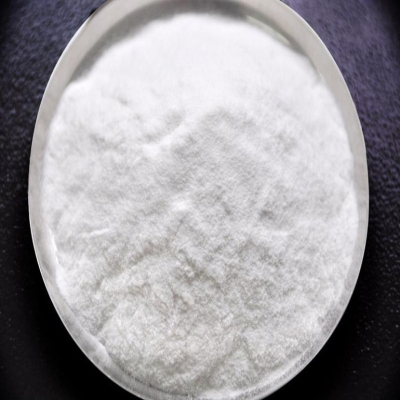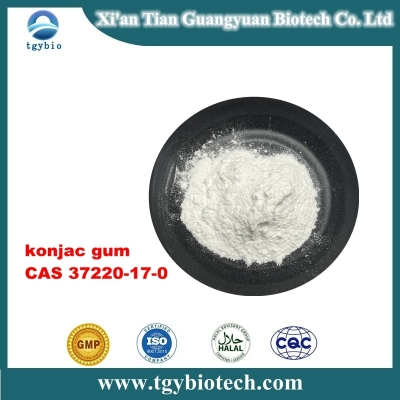How to identify thickener in milk
-
Last Update: 2017-10-11
-
Source: Internet
-
Author: User
Search more information of high quality chemicals, good prices and reliable suppliers, visit
www.echemi.com
Introduction: milk is a kind of nutritious food that we all like How to identify milk thickener? Is it safe to add thickener to food? Let's learn about it together with the safety net of Baibai Milk is one of the oldest natural drinks, known as the "white blood", the importance of human body can be imagined Milk, as the name suggests, is squeezed out of a female cow In different countries, there are different grades of milk At present, the most common is full fat, low-fat and skim milk At present, there are quite a lot of milk additives on the market, such as high calcium and low fat milk, in which calcium is added Edible gum is a thickener, which is widely used in food It can improve the viscosity of food, and has the functions of setting and homogenizing Children often eat jelly, the reason why the white sugar water can be turned into a thick jelly, is the contribution of thickener Adding thickener to food is not a new concept in modern food industry In traditional Chinese food, there are also a lot of thickening methods For example, if the famous West Lake Beef Soup does not use starch (starch has thickening effect, but is not listed in the "food additive catalog") to increase the viscosity of the soup, the minced beef will sink to the bottom of the bowl The addition of starch not only makes the minced meat or vegetable leaves look more beautiful in the soup, but also makes the soup taste better How to identify the thickener for milk? It can be used in certain foods However, it is prohibited in milk In 2009, the Ministry of health banned illegal addition Experts said that pectin and gelatin are commonly used thickeners, and there is no specific numerical limit on their addition amount in the national food safety standard The reason why milk is forbidden is that such use covers the quality of milk and is not conducive to consumers' consumption Whether the thickener is added to the milk or not, there is no clear identification method temporarily However, if the milk is found to be very thick and has not been stored for a long time (UHT milk) or slight fat floating, then thickener or emulsifier may be added, because the ordinary milk is not as thick as the milk sold on the market, and the flavor is relatively weak Is it safe to add thickener to food? In addition to some specific foods that can't be added with thickener, it is generally safe to add thickener produced by standard manufacturers to food as long as the dosage standard stipulated by our country is safe Therefore, you can rest assured, but we don't want to eat such food for a long time, which will bring some effects to the body If we want to test whether there is thickener in milk, we can use food safety detector to test We should also know more about food safety knowledge, which is helpful for us to know food additives correctly Editor in charge: he xianrob
This article is an English version of an article which is originally in the Chinese language on echemi.com and is provided for information purposes only.
This website makes no representation or warranty of any kind, either expressed or implied, as to the accuracy, completeness ownership or reliability of
the article or any translations thereof. If you have any concerns or complaints relating to the article, please send an email, providing a detailed
description of the concern or complaint, to
service@echemi.com. A staff member will contact you within 5 working days. Once verified, infringing content
will be removed immediately.







